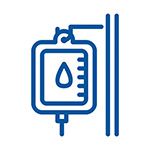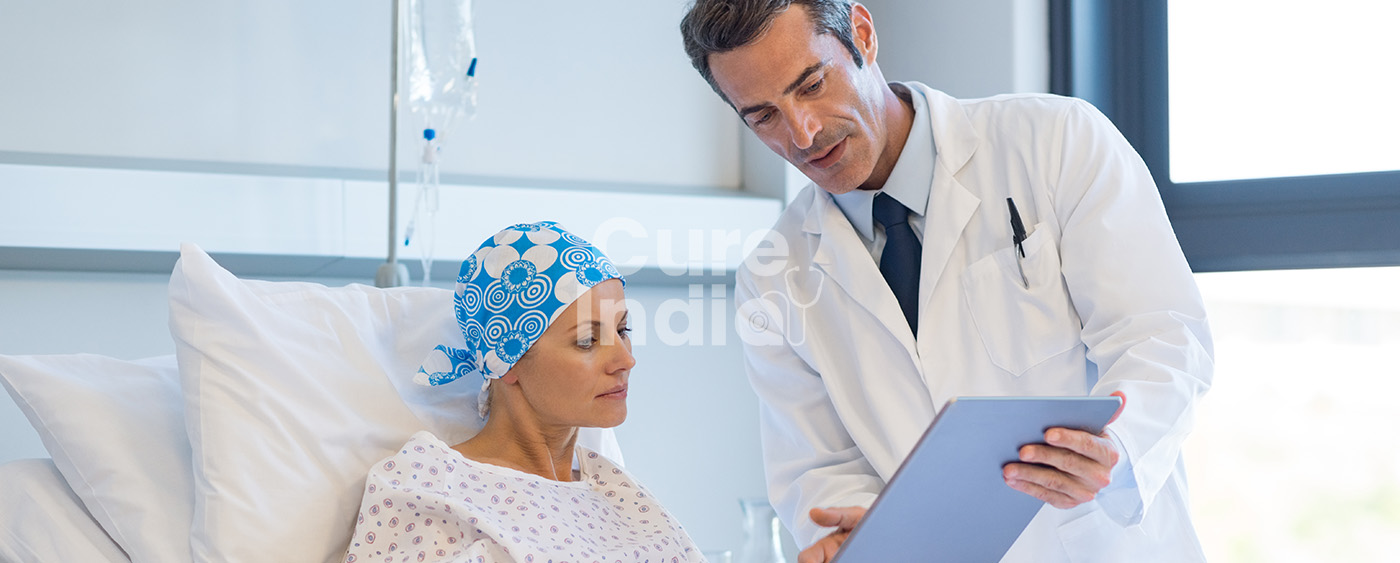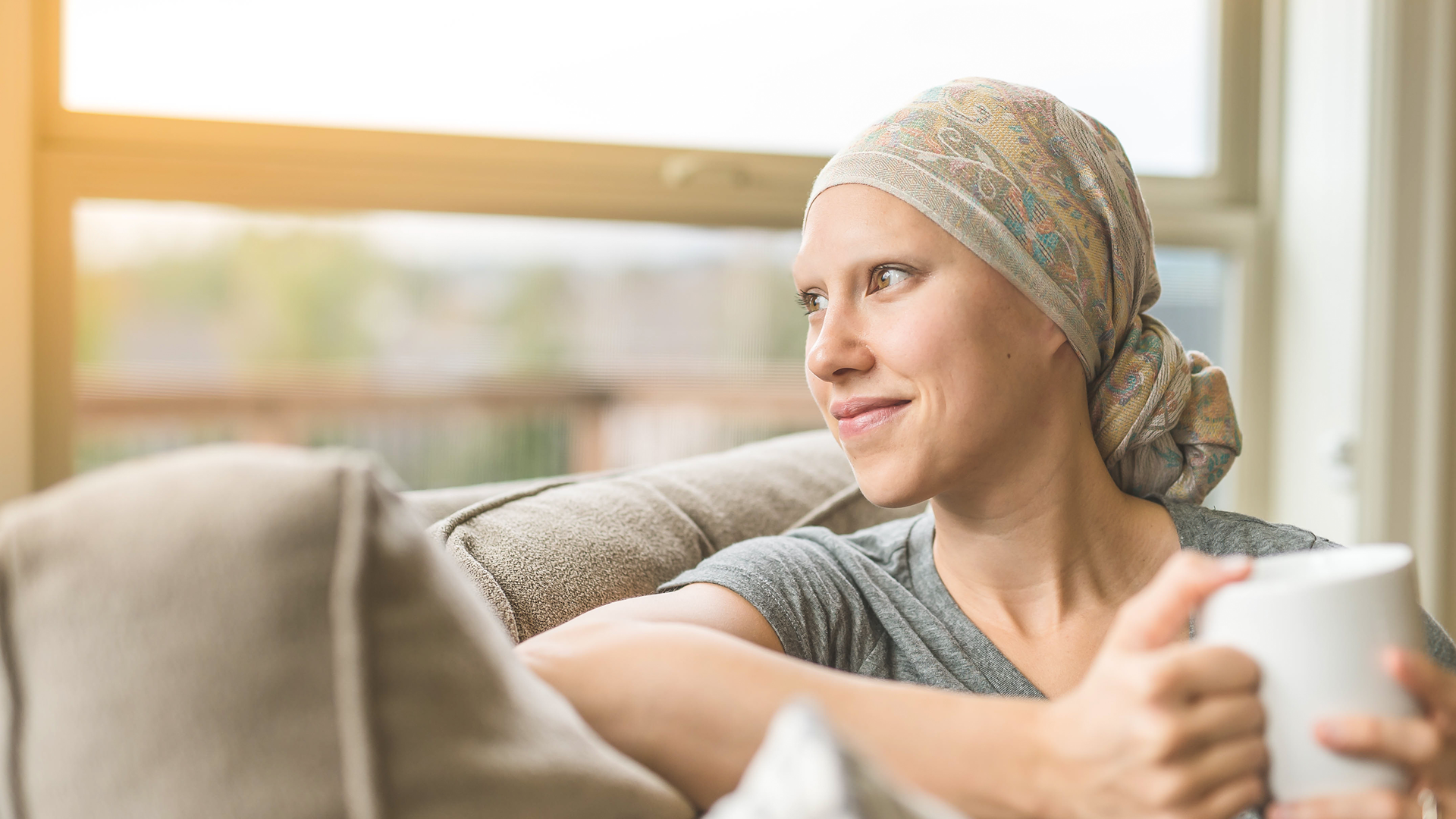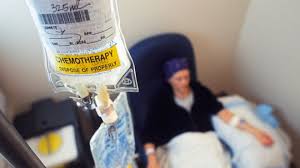

Chemotherapy treatment is a specialized treatment where aggressive chemical drugs are administered to the cancer patient so that the cancer cells in the body are stopped from growing and killed. This is one of the most widely adopted treatments to curb cancer cell growth thereby successfully treating cancer patients. Chemotherapy treatment uses a huge range of chemical/anti-cancer drugs, but how it affects the patients may highly depend on the stage of cancer. Chemotherapy treatment is many times performed on a patient using a combination of other cancer treatments, like cancer surgery, radiotherapy, or hormonal therapy. The combination that is chosen depends on the following factors:
Most of the types, after cancer surgery is performed, the surgeon may highly recommend a chemotherapy treatment in order to kill the lingering cancer cells, in case there are any. Sometimes the doctor may first use a chemotherapy treatment to shrink the tumor and then  perform the cancer surgery.
perform the cancer surgery.
In other cases, chemotherapy treatment is also used to relieve pain. However, the main uses of chemotherapy treatment are:
 Before starting the chemotherapy treatment procedure, you and doctor must work out to determine which would be the best type of chemotherapy treatment that you may undertake to treat cancer you are suffering from. Most commonly, chemotherapy treatment is carried out in the form of a pill form or directly into veins by injection or an IV. The location of the treatment will depend on the type of chemotherapy treatment that you will choose. For example, if you will be going for the topical treatment, i.e. rubbing creams or pills on the body, you can give yourself treatments at home. However, most of the other chemotherapy procedures may be generally carried out at a hospital or a cancer treatment centre. The doctor will customize the chemotherapy schedule for you that will depend on the frequency of the chemotherapy treatments. This will be further improvised once the doctor observes if your body is able to handle the aggressive drug treatment, depending on which the frequency of the chemotherapy treatment will be increased or decreased.
Before starting the chemotherapy treatment procedure, you and doctor must work out to determine which would be the best type of chemotherapy treatment that you may undertake to treat cancer you are suffering from. Most commonly, chemotherapy treatment is carried out in the form of a pill form or directly into veins by injection or an IV. The location of the treatment will depend on the type of chemotherapy treatment that you will choose. For example, if you will be going for the topical treatment, i.e. rubbing creams or pills on the body, you can give yourself treatments at home. However, most of the other chemotherapy procedures may be generally carried out at a hospital or a cancer treatment centre. The doctor will customize the chemotherapy schedule for you that will depend on the frequency of the chemotherapy treatments. This will be further improvised once the doctor observes if your body is able to handle the aggressive drug treatment, depending on which the frequency of the chemotherapy treatment will be increased or decreased.
